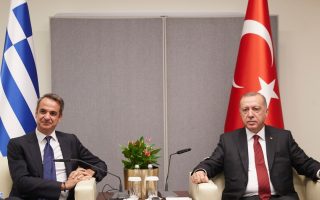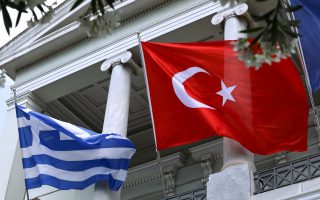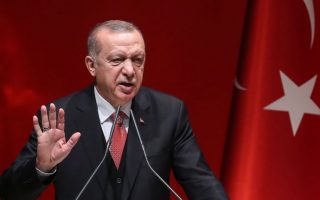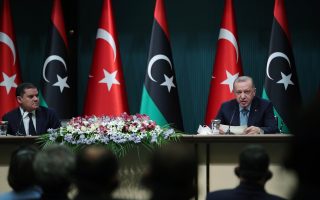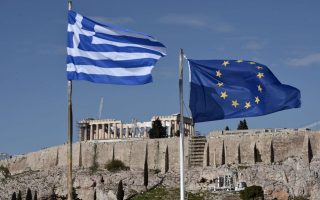One more moratorium is not enough
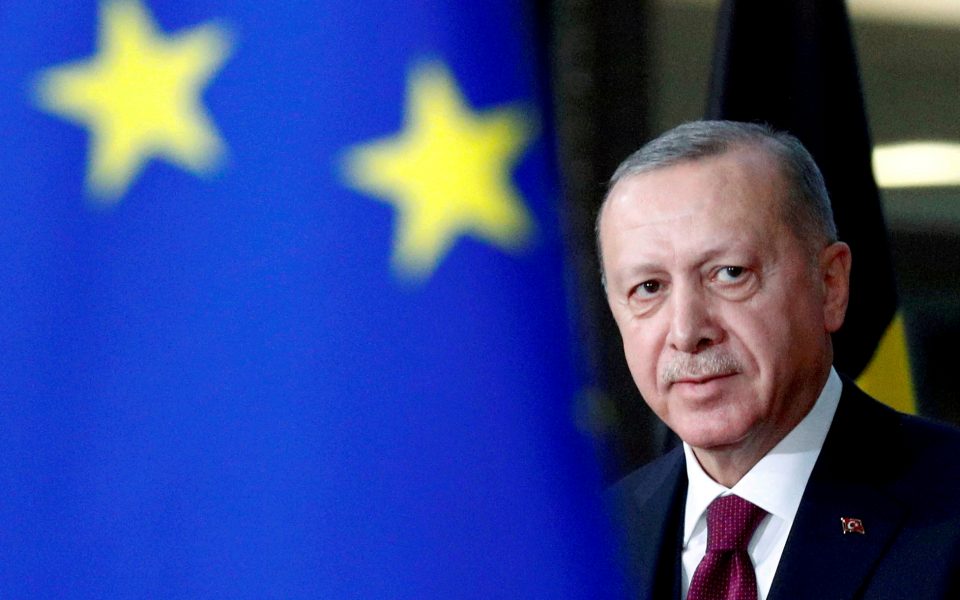
The Greek-Turkish summit coincides with the Biden-Erdogan meeting, which will also take place on the sidelines of the NATO Summit in Brussels. When Recep Tayyip Erdogan meets with the Greek prime minister, he will be expected to have finalized his own answers to the clear strategic questions that President Joe Biden is posing to all NATO member-countries, the vast majority of which are also members of the European Union.
The Greek-Turkish summit, the first in decades, is being held as a follow-up to a strategically decisive multilateral meeting, which is in essence a US-EU meeting, a US-Turkey meeting and a US-Russia meeting. President Biden’s priority is neither Greek-Turkish relations nor the Cyprus issue, but the strategic reconstruction of the West and the clear functioning of the Euro-Atlantic axis in all the major issues, primarily in relation to China and secondarily in relation to Russia, which will be pressed to take a position in strategic dilemmas much wider than the ones it wants to handle. The “Turkey” issue is obviously similar and is different and greater for the US than the situation in the Aegean and the Eastern Mediterranean. In my opinion, the open fronts in Syria, Libya, Ukraine and the resurgence of the crisis in the Middle East (Russia and Turkey are involved in all these fronts) will be possibly placed in a broader context.
Everyone will be called upon in some way to adapt a posture vis-a-vis the so-called “West”: Germany, because of the Nord Stream 2 pipeline, the EU, due to the Euro-Chinese trade agreement, and also President Vladimir Putin, who has to choose between the simplistic position of being the West’s adversary and the more elaborate position of the strategically defined “other,” constitute examples. In this context, Erdogan will try to claim as much “exceptionalism” as possible due to the geographical position and cultural identity of Turkey, but he will emphasize, I think, the position that Turkey is a fundamentally Western country – a NATO member that always strives for the closest relationship possible with the EU.
It is obviously not enough to expect just another moratorium (47 years have already passed) from the Greek-Turkish meeting, nor an emphasis on the so-called “low politics” issues (from the pandemic to economic relations). Not even a bit of tangible progress in the management of migration-refugee matters is enough.
On the other hand, there is no such thing as a “non-packaged” discussion, as the other side always puts it. There are however five ongoing contact cycles of differing legal and political context. First, we have the exploratory talks on the delimitation of the continental shelf and the EEZ in the Aegean and the Eastern Mediterranean that fall within the clear framework of the international law of the sea. Second, there are bilateral contacts on confidence building measures (CBMs), particularly on aeronautical matters. Third, there are bilateral contacts within the institutional framework of NATO. Fourth, there are contacts on financial and trade cooperation. Fifth, there are the general political contacts between the two governments. The process under the auspices of the UN secretary-general on the Cyprus question as an international theme, in which the two countries participate as guarantor powers, is also added to all these. This whole set of processes and contacts can and must proceed without any delay and with a sense of a single strategic framework.
Greece fully defends its sovereignty. However, it does not want the Aegean to be a “Greek lake,” but a sea open to international maritime navigation. Konstantinos Karamanlis said that many times. Greece wants to activate its sovereign rights on the continental shelf and the EEZ in the Aegean and the Eastern Mediterranean. Obviously it does not want to exclude Turkey, which has its rightful place under the international law of the sea, from the Mediterranean. This is a framework of principles that no one internationally can object to.
Evangelos Venizelos is a former deputy prime minister, minister of foreign affairs and minister of national defense.
